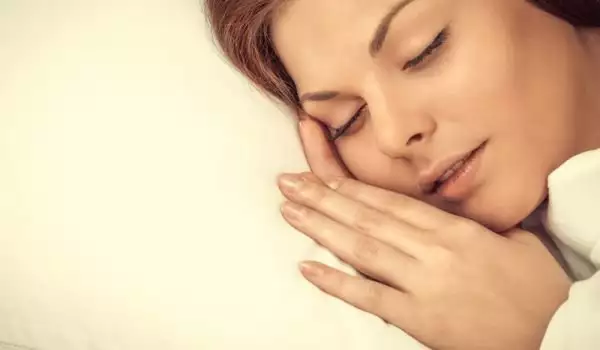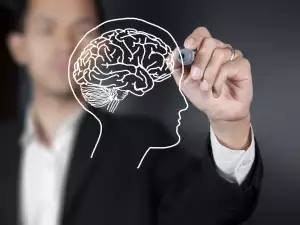According to a new study, the real purpose of sleep is to help the brain forget certain memories, so that we can store new ones for long-term use later in life.
For years, researchers from around the world have been trying to pinpoint the exact reason why humans sleep for approximately 1/3 of their day and in turn, 1/3 of their lives. But the new study proves that sleep is a main tool that the brain uses to store information.
An important discovery within the scope of the study is also the fact that the sleep-inducing drugs that help millions of people fall asleep get in the way of the process of storing valuable information.
These scientific theses have been proven over the course of a series of experiments with lab mice. The rodents were placed in an unfamiliar environment. All were subjected to a small electric shock there and returned to their old cages. After which, half of them were given drugs to keep them awake, while the rest were left to sleep normally.

The next day, the researchers returned the mice to their new cages. Those who were allowed to sleep stood in one spot and dared not move. On the other hand, the others, that were kept awake, began to explore their new cages without hesitation.
According to the scientists, the mice whose brains were well rested had quite a clear memory of the danger lying in the new environment they were placed in. While the brains of the non-sleeping mice were unable to screen out the unneeded memories and form new ones that would help protect them from danger.
The phrase "morning is wiser than evening" holds true indeed. Sleep helps us clear up our ideas and thoughts. Until now, we believed that the brain rested while we slept, along with the rest of the body. It turns out that that's not the case.
"Our brain works at full capacity during sleep, screening out all of the unnecessary information from our day and storing only that which we need to help us survive, " states head of the study Dr. Graham Diering of Johns Hopkins University.










